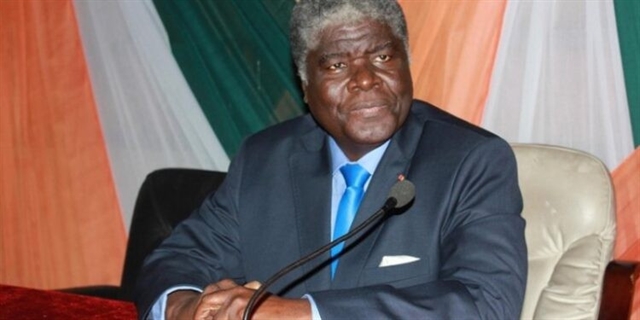 Society
Society


|
| Photo for illustration. Many enterprises in Việt Nam have to cut jobs due to the negative impacts of COVID-19 on their trade and production. — VNA/VNS Photo |
HÀ NỘI — The Việt Nam Chamber of Commerce and Industry (VCCI) has proposed not increasing the minimum wage in 2021 as the COVID-19 pandemic is still heavily impacting Việt Nam’s socio-economic development as well as the world’s.
Lương Minh Huân, head of the VCCI’s Business Development Institute, said increasing the minimum wage could put more people out of work as employers try to cut costs to overcome difficulties caused by the pandemic.
According to General Statistics Office (GSO), last year, 101,700 enterprises in Việt Nam stopped operations, of which 17,500 have completed dissolution procedures and 37,700 are about to complete the procedures, affecting the livelihoods of 7.2 million workers.
“The COVID-19 pandemic’s negative impacts can return and hit the local economy at any time,” Huân said.
As businesses were struggling to resume their operations, re-connecting to old partners and seeking new markets, people who lost their jobs had to try to find new work, Huân said, adding that their working skills could be blunted if they remained unemployed for long.
The COVID-19 crisis has hit geographic areas and economic sectors differently, with unemployment rates in mountainous northern provinces and Red River Delta provinces much higher than in Mekong River Delta provinces or those neighbouring HCM City.
“The Government should give priority to addressing the external shocks so that every business and everyone equally benefits from policies for the country’s recovery from COVID-19,” Huân said.
Phạm Hoài Nam, head of the Population and Labour Statistic Department under the GSO, said that in the first quarter of 2021, Việt Nam’s labour market suffered negative impacts from the third wave of COVID-19.
It was reported that 9.1 million workers had their livelihoods negatively affected by COVID-19.
About 971,400 people of working age could not find jobs in the first quarter of 2021, an increase of 143,200 compared with the fourth quarter of 2020 and an increase of 78,700 compared with that of the same period last year.
Trác Anh, Chairman of the Co-operative Union of Bình Thuận Dragon Fruit in the south-central province of Bình Thuận, said his business had been mostly suspended since the second half of last year as they had few supply contracts and could not afford to pay workers.
His business could not access the Government’s COVID-19 preferential loans as it failed to meet some criteria, Trác Anh said, adding many workers in his co-operative had been laid off.
“It’s unreasonable and impossible for businesses like mine to increase salaries for workers at this time,” he said.
Early this month, the Ministry of Labour, Invalids and Social Affairs (MoLISA) introduced a draft proposal to the Government in which the National Wage Council suggested not raising the region-based minimum wage in 2021 after considering the socio-economic circumstances. The council comprises even representatives from VCCI representing the employers, the labour ministry representing the State, and the Việt Nam General Confederation of Labour representing the workers.
The ministry explained that amid the impact of COVID-19, raising the minimum wage would affect employment, as businesses still face various concerns.
According to calculations by the National Wage Council, with the consumer price index (CPI) estimated to have risen 4 per cent each year in 2019-2020, the minimum wage in 2020 was still higher than the minimum living conditions, by 1.51 per cent. The council added that with a real CPI increase of 3.23 per cent in 2020, the regional minimum wage was actually higher than the minimum living conditions by 2.28 per cent.
Therefore, the council recommended the minimum wage be kept unchanged in 2021 and that adjustments be made in 2022.
The ministry added that if there are any abnormal developments, the National Wage Council will submit a report to the Government for consideration.
Viet Nam has adjusted the minimum wage 18 times since 2000.
The monthly minimum wage is calculated on a regional basis and was last set on January 1, 2020.
The minimum wage for workers in Region I, which covers Hà Nội and HCM City's urban areas, is at VNĐ4.42 million ($191.39), while those in Region II – covering Hà Nội and HCM City's rural areas, along with major urban areas like Cần Thơ, Đà Nẵng and Hải Phòng – is VNĐ3.92 million.
Workers in Region III, or provincial cities and the districts of Bắc Ninh, Bắc Giang and Hải Dương provinces, earn at least VNĐ3.43 million a month, while those in Region IV, or the rest of the country, receive a minimum of VNĐ3.07 million.
The regional minimum wage is the lowest amount paid to an employee performing the simplest job in normal working conditions.
Other allowances, supplemental pay, subsidies or bonuses decided by enterprises are paid according to terms and conditions of labour contracts, collective labour agreements or statutes of enterprises. — VNS




